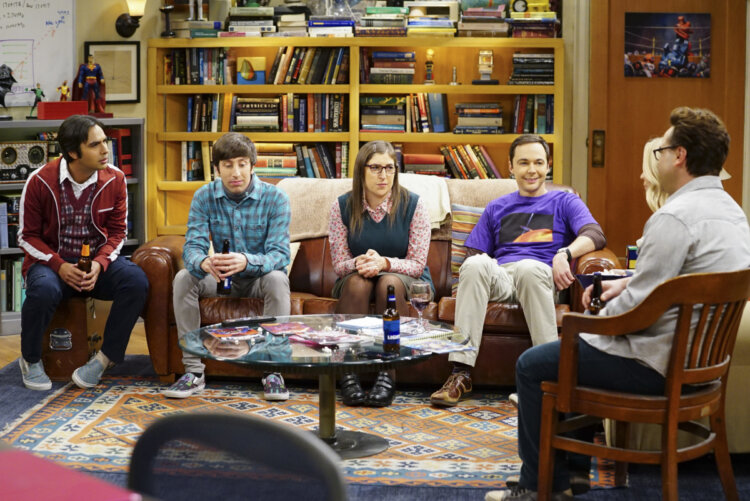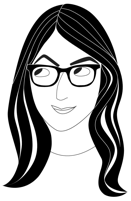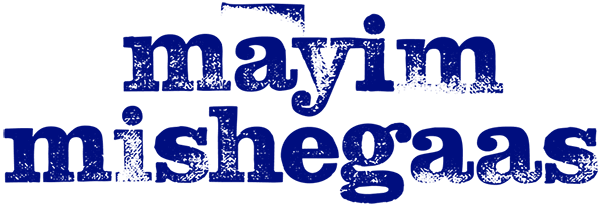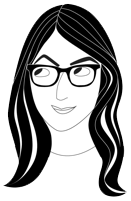
I grew up in a time free of the psychiatric labels so many of us are familiar with. I was born in 1975, and no one had ADHD. We spoke of depression and cancer in whispers. My family had some distant relatives who were in “homes.” There were whispers of a great aunt who talked to herself. The words “crazy” and “weird” were used to describe people routinely. Women sometimes were referred to as “hysterical”—thanks, Freud. Things were different.
Both our diagnostic criteria and our understanding of human psychology has changed so much since the 1970s. We now know that there is an elaborate interplay between genetics and environment that contribute to personality, coping mechanisms, and the likelihood to “be a certain way.”
I think about this stuff a lot because I am trained as a neuroscientist. I studied psychoneuroendocrinology as the subject for my doctoral thesis and I worked with individuals with special needs for the seven years I was in graduate school. I studied Obsessive Compulsive Disorder, but the individuals I worked with had a syndrome called Prader-Willi Syndrome, which often shares diagnoses with depression, psychosis, anxiety, autism, and a variety of other psychiatric challenges.
I think about this stuff also because I am a mother to two sons, both of whom were late developers by all standards, and both of whom were very “different” socially for many years of their lives. I got asked a lot if they were autistic because they were late to walk, talk, and even eat solids. I was questioned by many well-meaning strangers—many of whom pointed out that they were doctors—about my children’s lack of speech and lack of “normal” behaviors. Those were difficult years to say the least.
I also think about this stuff because I am on a television show about people who by all standards would likely fit diagnostic criteria, which our producers and writers choose not to name. Sheldon has a propensity for knocking three times on doors–a feature of OCD. He has an extreme distaste for germs—also seen in OCD—as well as a variety of unique and focused hobbies and interests such as trains and flags, which is often seen in a form of autism formerly known as Aspergers. Sheldon also has phobias (fears with no basis in an actual event) and a lot of fears based in experience; he is a delicate and sensitive man who also has an exceptionally high IQ.
Leonard is an anxious—and highly allergic—fellow with a ton of “mommy issues,” as we used to fondly call them. Any psychologist would have a field day with Leonard. The same could be said of Koothrapali, who previously could not speak to women without alcohol in his system; Wolowitz, who had a Freudian attachment to his mother which even his mother was not entirely comfortable with; and Stuart, whose penchant for self-loathing and chronic depression is the basis for almost all of his plot lines.
As for the ladies, Penny seems pretty untouched by psychiatric diagnoses. Bernadette has a mean streak and likes to lie, but it’s kind of adorable the way our writers depict it. Amy is socially awkward, a bit sexually repressed, and anxious. I think she would fall on the autistic spectrum.
Creator and executive producer Bill Prady was quoted in 2009 as saying of Sheldon: “We write the character as the character. A lot of people see various things in him and make the connections. Our feeling is that Sheldon’s mother never got a diagnosis, so we don’t have one.”
The lack of labels used on our show is important for several reasons. First, it’s not always important what we call things. For medical and clinical purposes, of course it is. But in life, and especially once we reach adulthood, we kind of are who we are. We have to hold down jobs. We make friends, or we don’t. We find lovers. We pursue hobbies. We do the things we do to pass the days. We find joy and we experience loss. All of those things happen whether we have a label or not.
Second, our show focuses on people who live their lives as they are. Our show is about relationships and people. It’s not about the things we do to make ourselves “okay” for others. Sure, Sheldon annoys people. Sure, there are things we all wish we could change about others. But when it comes down to it, our show is about people living with others in acceptance of who they are and in spite of their peculiarities. The characters joke around with each other, and yes: sometimes directly say “I don’t like this about you.” But the answer on the show is never, “Go take a pill.”
Our characters get to work things out the way I wish we could in real life. Because in real life, it oftentimes feels messy. And it should; it’s real life! People resist getting help. They storm out when you call them out on their weirdness about birds or their lack of ability to be upfront about their particularities about germs. In real life, it’s real. Our show depicts what it could be like.
And that’s why I love what I do. As an actor, I get to live in a world where labels are not what’s important. People are. Solutions come in 22 minutes because they can. And ultimately, I think our show gives our viewers—by the millions—hope that maybe someday, life can be like our show: conversations, laughter, and solutions that make everyone able to get up every day and do it again together. A group of souls lost in a sea of words and diagnoses and expectations and fears. Ultimately, we are all in this together. The question is how we get through it together.




 Read More From Mayim
Read More From Mayim
Grok Nation Comment Policy
We welcome thoughtful, grokky comments—keep your negativity and spam to yourself. Please read our Comment Policy before commenting.